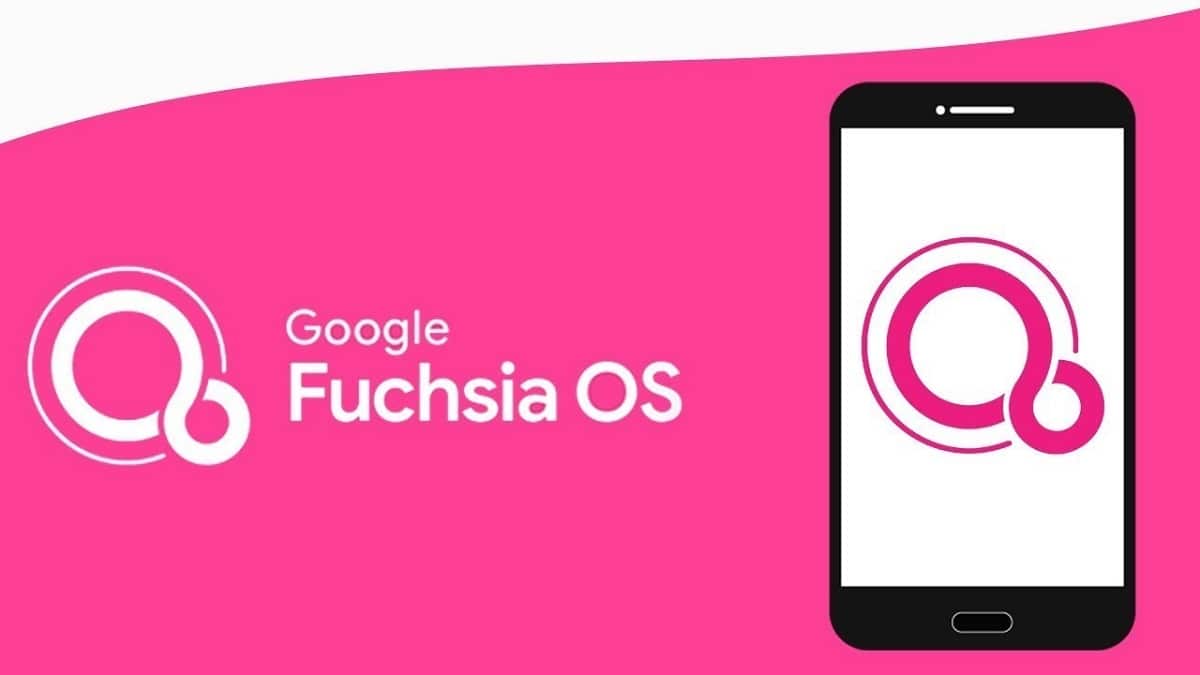
Google announced the expansion of the development model open the Fuchsia OS operating system and announces that hereinafter, in addition to Google employees, community representatives will also be able to participate in the development of Fuchsia OS, whose changes will be accepted in the project.
To simplify communication with developers, public distribution lists have been introduced and a bug tracking system, in addition to a project management model that describes the decision-making mechanisms.
The plan for further development of Fuchsia has also been published, which outlines the main development directions and priorities.
Main concerns include developing a device driver framework that can be upgraded separately from the kernel, as well as improving file system performance and expanding input tools for people with disabilities.
Starting today, we are expanding Fuchsia's open source model to facilitate public participation in the project. We've created new public mailing lists for project discussions, added a governance model to clarify how strategic decisions are made, and opened the issue tracker for public contributors to see what's being worked on. As an open source effort, we welcome everyone's well-tested and high-quality contributions. Now there is a process to become a member to submit patches, or a committer with full write access.
In addition, we are also publishing a technical roadmap for Fuchsia to provide better insight into the direction and priorities of the project. Some of the roadmap highlights are working on a driver framework to update the kernel independently of drivers, improve file systems for performance, and expand the input pipeline for accessibility.
let's remember that within the framework of the project Fuchsia, Google is developing a universal operating system capable of operating on any type of device, from workstations and smartphones to embedded and consumer technology. The development is carried out taking into account the experience of creating the Android platform and takes into account the shortcomings in the field of scaling and security.
The system is based on the Zircon microkernel, based on the developments of the LK project, extended for use in various classes of devices, including smartphones and personal computers.
Zircon extends LK with support for shared libraries and processes, user level, object handling, and capabilities-based security model. The drivers are implemented as dynamic user space libraries loaded by the devhost process and managed by a device manager (devmg, Device Manager).
For Fuchsia developed his own graphical interface written in Dart language, using the Flutter framework.
The project also develops the Peridot user interface framework, the Fargo package manager, the standard libc library, the Escher rendering system, the Magma Vulkan driver, the scenic composite manager, the MinFS, MemFS, ThinFS file systems ( FAT in the Go language) and Blobfs, as well as FVM partitions.
For application development has support for C / C ++, Rust it is also allowed in system components, in the network stack, and in the Python language build system.
The boot process uses a system administrator, which includes appmgr to create the initial software environment, sysmgr to create the boot environment, and basemgr to configure the user environment and organize the login.
For Linux compatibility on Fuchsia, he proposed the Machina library, what allows you to run the Linux program in an isolated virtual machine Special formed by using a hypervisor based on the specifications of Kernel Zircon and Virtio, by analogy with how the launch of Linux applications on Chrome OS was organized.
Finally if you want to know more about it About the note, you can check the details in the following link.
Community: Guys who work for free for one of the richest companies in the world and who use open source when they are interested and when not, they switch to closed source. In short, in this context, community = gilip manga *****